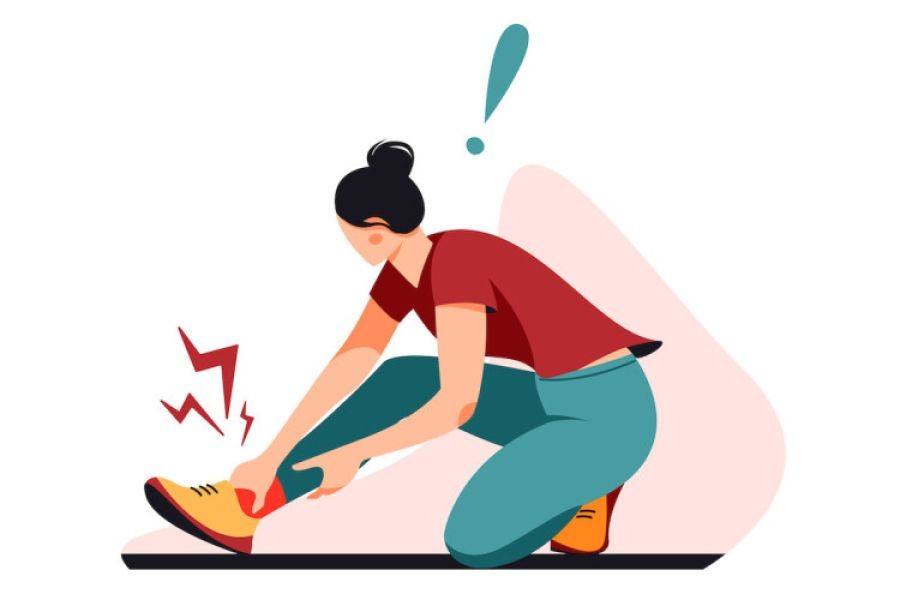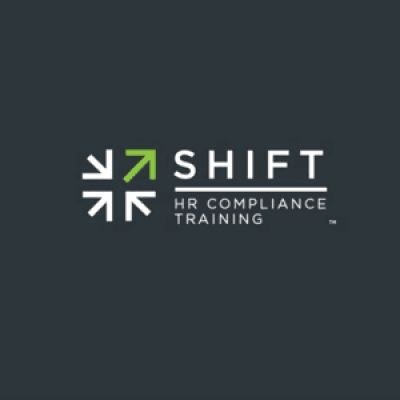In recent years, the pursuit of physical fitness has become a cornerstone of daily life for many Kiwis. The picturesque landscapes of New Zealand provide an ideal backdrop for a variety of outdoor activities, from hiking in the Tongariro National Park to surfing at Piha Beach. However, amidst the zeal for fitness, a silent threat looms—over-exercising. While exercise is crucial for maintaining good health, too much of it can lead to a plethora of issues, including injuries and long-term health problems. Understanding the hidden dangers of over-exercising and how to avoid them is vital for maintaining a healthy lifestyle.
The Growing Trend of Over-Exercising
In New Zealand, the fitness industry has seen substantial growth, with a 2019 IBISWorld report noting an annual growth rate of 2.6% in gym and fitness center memberships. This trend is indicative of a global movement towards increased physical activity. However, it also raises concerns about the potential for over-exercising, which can lead to conditions such as rhabdomyolysis, stress fractures, and psychological burnout.
Case Study: The Impact on New Zealand Athletes
A study conducted by the University of Auckland in 2021 highlighted the prevalence of overuse injuries among young athletes in New Zealand. The research indicated that 30% of these athletes experienced injuries related to excessive training and insufficient recovery. This case study underscores the importance of balancing exercise with adequate rest, especially given the competitive nature of sports in New Zealand.
Pros and Cons of Exercise: Striking the Right Balance
Exercise, when done right, offers numerous benefits, but over-exercising can negate these advantages.
✅ Pros:
- Improved Physical Health: Regular exercise enhances cardiovascular health, boosts immunity, and aids weight management.
- Mental Well-being: Exercise releases endorphins, improving mood and reducing anxiety.
- Social Interaction: Group exercises provide social benefits and community engagement.
❌ Cons:
- Increased Injury Risk: Over-exercising can lead to injuries such as tendinitis and stress fractures.
- Psychological Stress: Excessive exercise can cause anxiety and depression due to pressure to perform.
- Physical Burnout: Overworking muscles without proper recovery can lead to chronic fatigue.
Myths and Mistakes Surrounding Exercise
Despite the benefits of exercise, misconceptions can lead individuals down the wrong path.
Myth: "More exercise is always better." Reality: Rest is crucial. A report from the New Zealand Ministry of Health emphasizes the importance of rest days for optimal performance.
Myth: "Only athletes need to worry about over-exercising." Reality: Anyone can over-exercise, from casual gym-goers to marathon runners.
Myth: "Pain is gain." Reality: Pain can be a sign of injury. It’s essential to listen to your body and seek medical advice if needed.
Industry Insights: The Role of Fitness Professionals
The fitness industry in New Zealand plays a significant role in educating the public about healthy exercise practices. With the rise of personal trainers and fitness coaches, there's an increasing focus on personalized training programs that emphasize moderation and recovery. For instance, Les Mills, a globally recognized fitness brand originating from New Zealand, advocates for balanced workout regimes that incorporate rest days, highlighting the company's commitment to safe exercise practices.
Future Trends: The Shift Towards Balanced Fitness
As awareness of the risks associated with over-exercising increases, there is a noticeable shift towards balanced fitness routines. The Reserve Bank of New Zealand's forecast suggests that the wellness industry will continue to grow, with a focus on holistic health approaches. By 2028, the integration of wearable technology that monitors not just activity levels but also recovery and rest could become standard, helping individuals maintain a balanced lifestyle.
Conclusion
Over-exercising poses significant risks, but with the right knowledge and practices, these can be avoided. Emphasizing balance, listening to one’s body, and incorporating adequate rest are key strategies for maintaining a healthy lifestyle. As the fitness industry in New Zealand continues to evolve, it is crucial to remain informed and conscious of the potential pitfalls of over-exercising. Engage with local fitness professionals and leverage technology to track and optimize your fitness journey. What strategies do you employ to ensure a balanced exercise routine? Share your thoughts below!
People Also Ask
- How does over-exercising impact health? Over-exercising can lead to injuries, chronic fatigue, and psychological stress, affecting overall well-being.
- What are the signs of over-exercising? Common signs include persistent soreness, fatigue, decreased performance, and mood swings.
- How can New Zealanders balance their exercise routines? Incorporating rest days, listening to body signals, and following personalized training plans are effective strategies.
Related Search Queries
- Over-exercising symptoms
- Exercise and injury prevention
- Balanced fitness routines
- New Zealand fitness trends
- Rest and recovery in exercise
- Psychological effects of over-exercising
- Signs of overtraining syndrome
- Les Mills workout balance
- Wearable tech in fitness
- Exercise myths debunked








































mobi mart
3 months ago